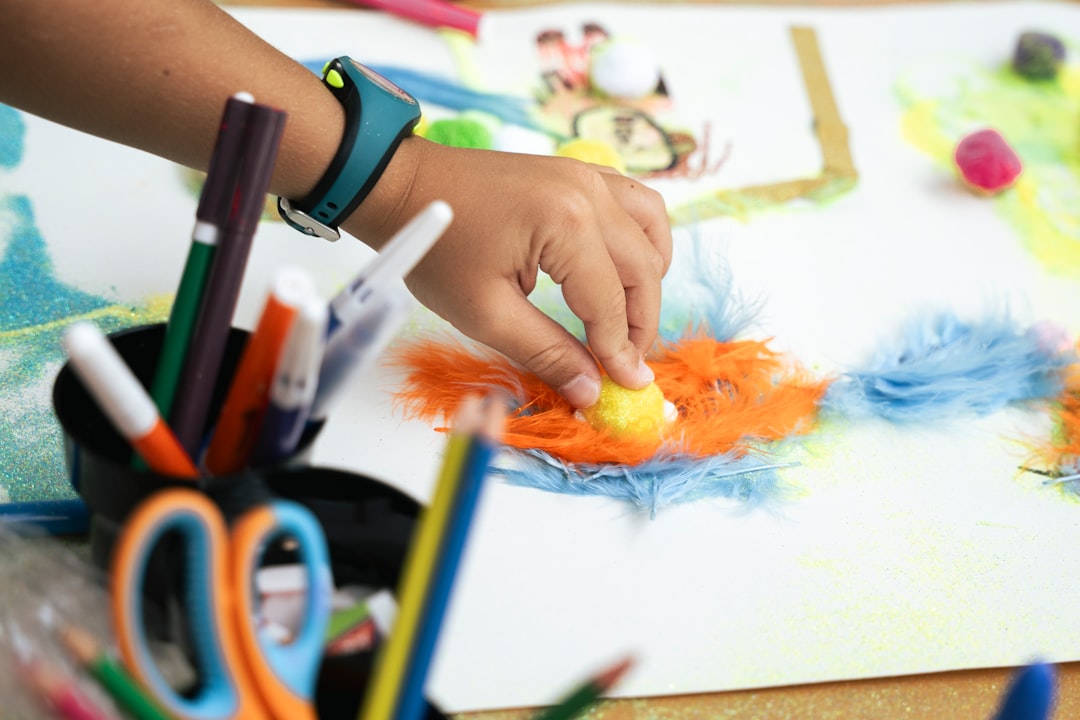In the evolving landscape of education, integrating alcohol education into school curriculums is becoming increasingly crucial. As children grow into teenagers, they are bombarded with choices and influences, some of which involve substances like alcohol. A well-structured curriculum that addresses alcohol awareness and responsible behavior can equip them with the knowledge and skills needed to make informed decisions. This article delves into how schools can effectively weave alcohol education into their programs, ensuring students are not only academically proficient but also well-rounded in their understanding of real-world challenges.
The Importance of Early Education on Alcohol Awareness
Implementing alcohol education at an early stage in school curriculums is essential. Young children are remarkably perceptive and often begin forming their perceptions of alcohol from the behaviors they observe in adults. Early education can demystify alcohol and convey its effects on the body and mind in a factual, age-appropriate manner. By discussing alcohol use and its consequences openly, educators can lay a foundation of knowledge that prepares students for more complex discussions as they grow older.
Integrating Real-Life Scenarios
One of the most effective methods to teach about alcohol use and its implications is through real-life scenarios and role-play. This approach helps students understand various situations they might encounter and think critically about how they would respond. For instance, scenarios could include handling peer pressure to drink, understanding the consequences of underage drinking, and learning how to help a friend who may be struggling with alcohol abuse. These exercises encourage empathy and decision-making skills, which are vital in navigating life both inside and outside school.
Collaborative Efforts with Parents and Community
Schools are not isolated entities but part of a broader community that includes families and local organizations. To enhance the effectiveness of alcohol education, schools can collaborate with parents and community leaders. Workshops and informational sessions that involve parents, guardians, and community members not only reinforce the curriculum taught at school but also build a cohesive support network for students. This partnership ensures that the messages about responsible alcohol use are consistent across various spheres of a student’s life.
Utilizing Technology and Media
In today’s digital age, incorporating technology and media into education is both relevant and engaging for students. Interactive apps, videos, and online quizzes can make learning about alcohol more engaging. Digital tools can simulate the effects of alcohol on the body, provide interactive storytelling experiences, and even create virtual reality environments where students can practice making choices in safe, controlled scenarios. These technological interventions can help make abstract concepts more tangible and relatable to young learners.
Evaluation and Adaptation
Finally, any educational initiative must be evaluated and adapted over time to remain effective. Feedback from students, parents, and educators can provide invaluable insights into the strengths and weaknesses of the alcohol education curriculum. Regular assessment helps in understanding the impact of the program and can lead to necessary adjustments to content, teaching methods, and resource allocation. Continuous improvement will ensure that the curriculum remains relevant and effective in achieving its educational goals.
In conclusion, integrating a comprehensive alcohol education program into school curriculums is crucial for preparing well-informed, responsible future adults. Through early education, real-life applications, community collaboration, innovative technology, and constant evaluation, schools can significantly influence their students’ perceptions and choices regarding alcohol. This holistic approach will not only educate but also empower students to make wise decisions throughout their lives.



